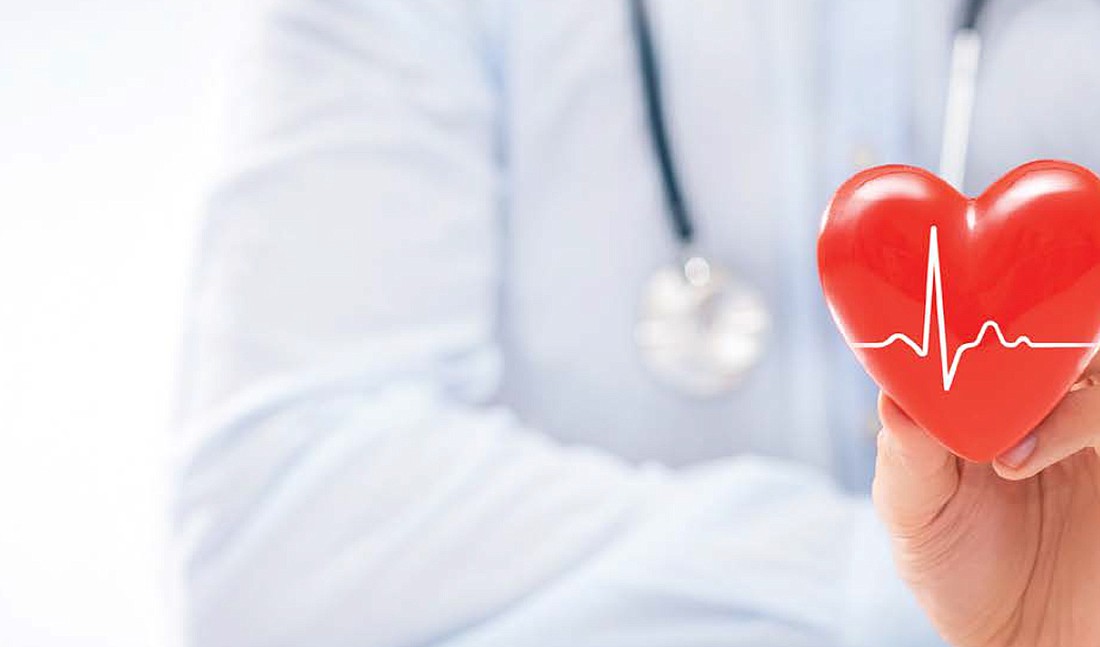-
-
Loading

Loading

"Sometimes heart attacks are silent," says Alexander Fernandez, MD, an emergency physician at Lakewood Ranch Medical Center.
“But often people do experience early symptoms. Knowing when to seek help and having a good understanding of the signs of a possible heart attack may help to identify and prevent major cardiac events.”
Signs & Symptoms
The most common symptoms of a possible heart attack are chest pain (pressure, squeezing, aching or burning) or discomfort that lasts for more than a few minutes or waxes and wanes.
Other Symptoms May Include:
Women and Men Different
Women may experience different or less intensive symptoms, such as sweating, vomiting, fatigue, nausea and jaw pain.*
“Women may also be more likely than men to dismiss their symptoms as being caused by something less serious, such as the flu or stress,” says Dr. Fernandez. “But having a heart attack is just as likely for a woman as it is for a man.”
In fact, cardiovascular disease is the No. 1 killer of both men and women in the U.S.**
Is It a Heart Attack or Cardiac Arrest?
A heart attack occurs when blood stops flowing to the heart, primarily due to a blocked coronary artery. Cardiac arrest, however, is when the heart suddenly stops beating, typically due to a malfunction within the heart’s electrical system. Signs of cardiac arrest may include sudden collapse, the absence of breathing or a pulse, and/or loss of consciousness. Cardiac arrest is often fatal; despite this, immediate medical intervention can sometimes help to restore the heart to its normal rhythm.** In addition to calling 911, Cardiopulmonary Resuscitation (CPR) may help. An Automated External Defibrillator, known as an AED, can also be used and are typically available in public venues. They’re designed to deliver an electric shock to help reset the heart to its normal rhythm.
If you believe you or someone else is having a heart attack, call 911.
Lakewood Ranch Medical Center was awarded the Advanced Primary Heart Attack Center Certification from The Joint Commission, 2022 and received the American Heart Association Get With The Guidelines® - Mission: Lifeline® - STEMI Receiving Center SILVER PLUS, 2022. To learn more visit, lwrmc.com.